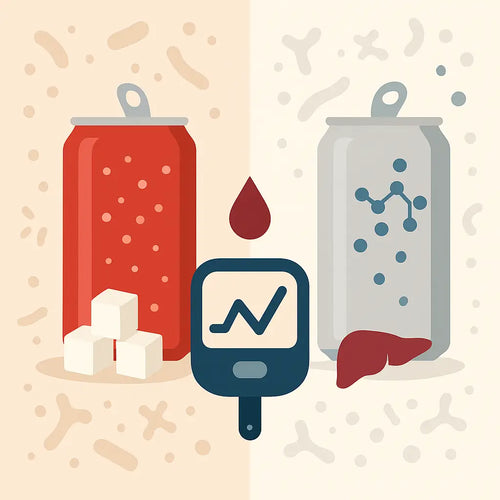
Joints like every other tissue in the body need nutrition and protection from damage. In addition to that joints need to be exposed to activity which stimulates growth.
To be able to be active you however need joints that function without pain. Joints need nutrition in the form of glycosaminoglycan (GAG). Osteoarthritic chondrocytes (cartilage cells) treated with glucosamine sulfate resulted in an increased cell-mediated GAG content (Dodge GR, Jimenez SA, 2003). GAG is a common building block both for cartilage, ligaments, and tendons.
Two studies conducted over three years by different research groups documented that cartilage degeneration stopped in the treatment group taking glucosamine sulfate while the control group experienced further degeneration (Reginster JY, et al. 2002, Pavelka K, et al. 2002).
Damage from free radicals is also a factor involved in cartilage degeneration. Patients with osteoarthritis had approximately a fourfold lower level of extra cellular SOD, the body’s own antioxidant enzymes a constituent of cartilage (Regan E, et al. 2005).
Zinc, copper, and manganese are necessary for the formation of SOD.
Vitamin D is also important to keep joints healthy. An increased risk for osteoarthritis of the hip and knee has been documented in people with low levels of vitamin D (Bergink AP, et al. 2009).
References
Bergink AP, Uitterlinden AG, Van Leeuwen JP, Buurman CJ, Hofman A, Verhaar JA, Pols HA. Vitamin D status, bone mineral density, and the development of radiographic osteoarthritis of the knee: The Rotterdam Study. J Clin Rheumatol. 2009 Aug;15(5):230-7.
Pavelka K, Gatterova J, et al. Glucoseamine sulfate use and delay of progression of knee osteoarthritis. A 3-year, randomized, placebo-controlled, double-blind study. Arch Intern Med, 2002; 162:2113-23.
Regan E, Flannelly J, et al. Extracellular superoxide dismutase and oxidant damage in osteoarthritis. Arthritis Rheum. 2005 Nov;52(11):3479-91.
Reginster JY, et al. Long-term effects of glucoseamine sulfate on osteoarthritis progression: a randomized, placebo-controlled clinical trial. Lancet. 2001:357:251-256.

The BMJ Formula is different from other formulas because it contains:
- Calcium and other minerals scientifically demonstrated to support bone formation.
- Minerals in a form the body can easily use (not all forms of minerals are equally effective).
- The building blocks of cartilage, which supports collagen formation.
- Natural substances to reduce inflammation without the side effects of anti-inflammatory drugs.
- Vitamin B6: research shows that vitamin B6 and magnesium may help prevent kidney stones.
- Vitamin D3 is important for your body to use calcium, and for many other functions.









